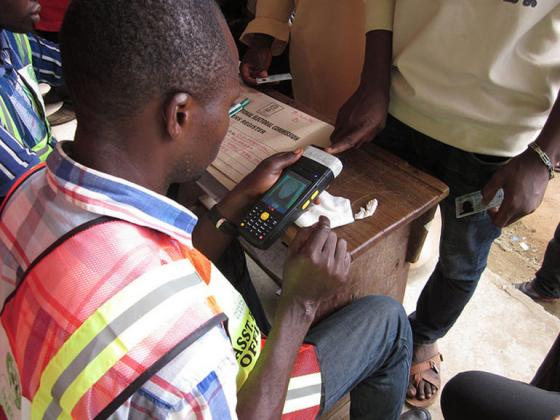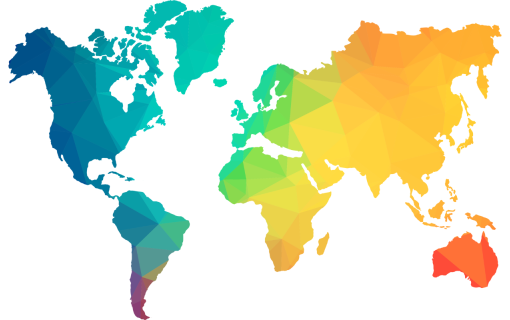
Nigeria Post-Election Survey
 The mood in Nigeria is extremely upbeat following the peaceful conduct of the 2015 general elections, which led to the first democratic transfer of power in the country’s history. The International Foundation for Electoral Systems (IFES) conducted pre- and post-election surveys in Nigeria focusing on perceptions of electoral integrity, opinions of election administration, and satisfaction with Nigerian democracy.
The mood in Nigeria is extremely upbeat following the peaceful conduct of the 2015 general elections, which led to the first democratic transfer of power in the country’s history. The International Foundation for Electoral Systems (IFES) conducted pre- and post-election surveys in Nigeria focusing on perceptions of electoral integrity, opinions of election administration, and satisfaction with Nigerian democracy.
 From the December 2014 pre-election survey to the July 2015 post-election survey, satisfaction with democracy more than doubled with a 56 percent majority expressing satisfaction with the way democracy works in Nigeria, up by 30 percentage points in the pre-election phase (26%). Similarly, while only 23 percent of respondents in the pre-election phase believed Nigeria is a full democracy or a democracy with minor problems, 51 percent now believe Nigeria is a full democracy (18%) or a democracy with minor problems (33%), marking a net increase of 28 percentage points.
From the December 2014 pre-election survey to the July 2015 post-election survey, satisfaction with democracy more than doubled with a 56 percent majority expressing satisfaction with the way democracy works in Nigeria, up by 30 percentage points in the pre-election phase (26%). Similarly, while only 23 percent of respondents in the pre-election phase believed Nigeria is a full democracy or a democracy with minor problems, 51 percent now believe Nigeria is a full democracy (18%) or a democracy with minor problems (33%), marking a net increase of 28 percentage points.
 Nearly three-quarters of Nigerians believe that both election integrity and the organization of the elections were better in the 2015 than in the previous polls in 2011. And while the survey indicated voters had to wait for several hours to get accredited and vote on Election Day, overall, 83 percent of voters assessed their voting experience to be good or very good. Indeed, confidence in the Independent National Electoral Commission (INEC) also registered a sharp increase by 16 percentage points, moving from 68 percent in pre-election levels to an overwhelming 85 percent after the elections. From December 2014 to July 2015, public awareness of the INEC and its Chairman at the time of the elections, Professor Attahiru Jega, increased by 16 percent and 25 percent, respectively.
Nearly three-quarters of Nigerians believe that both election integrity and the organization of the elections were better in the 2015 than in the previous polls in 2011. And while the survey indicated voters had to wait for several hours to get accredited and vote on Election Day, overall, 83 percent of voters assessed their voting experience to be good or very good. Indeed, confidence in the Independent National Electoral Commission (INEC) also registered a sharp increase by 16 percentage points, moving from 68 percent in pre-election levels to an overwhelming 85 percent after the elections. From December 2014 to July 2015, public awareness of the INEC and its Chairman at the time of the elections, Professor Attahiru Jega, increased by 16 percent and 25 percent, respectively.
The IFES post-election survey in Nigeria was conducted between July 26th and August 7th, 2015. The survey is nationally representative of Nigeria’s 36 states and Abuja for a total sample size of 2,616 respondents (adults 18 years or older) with a margin of error of ± 1.92.
Learn more about IFES' program in Nigeria.









